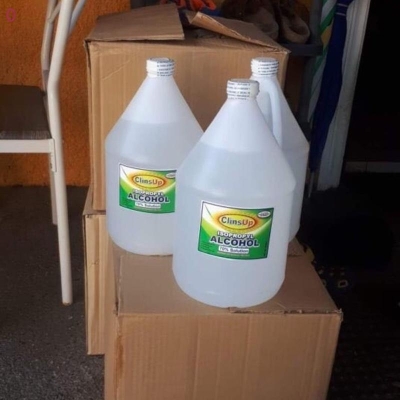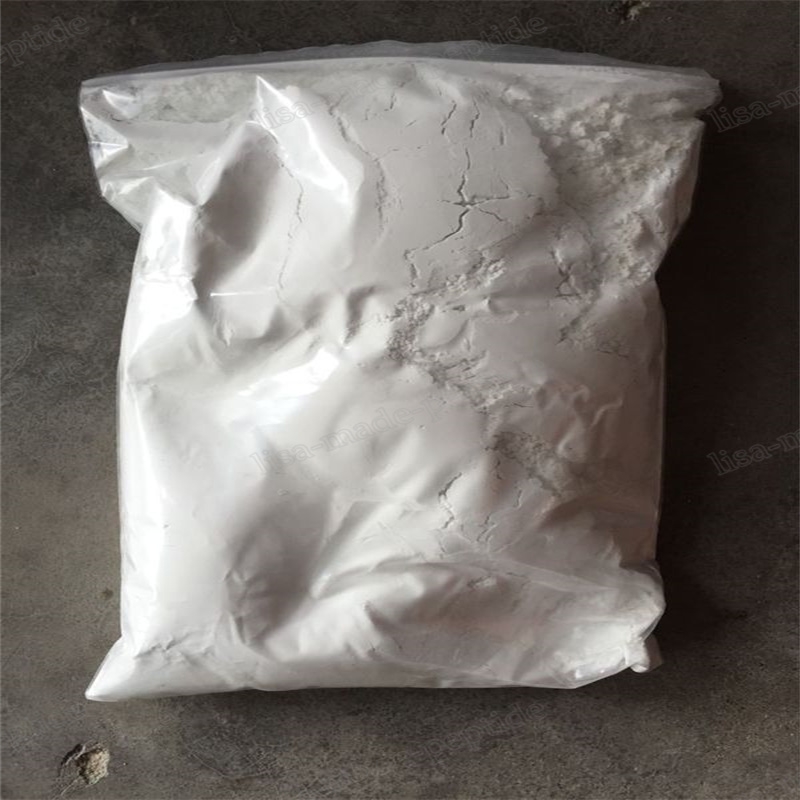-
Categories
-
Pharmaceutical Intermediates
-
Active Pharmaceutical Ingredients
-
Food Additives
- Industrial Coatings
- Agrochemicals
- Dyes and Pigments
- Surfactant
- Flavors and Fragrances
- Chemical Reagents
- Catalyst and Auxiliary
- Natural Products
- Inorganic Chemistry
-
Organic Chemistry
-
Biochemical Engineering
- Analytical Chemistry
-
Cosmetic Ingredient
- Water Treatment Chemical
-
Pharmaceutical Intermediates
Promotion
ECHEMI Mall
Wholesale
Weekly Price
Exhibition
News
-
Trade Service
[ Focus on Chemical Machinery and Equipment Network ] Chemical recycling mainly deals with waste plastics that cannot be physically recycled, have low recycling efficiency, or cannot be recycled again after physical recycling.
It is also called "low-value waste plastic"
.
Its essence is to unearth the value of waste plastics that cannot be recycled by technological progress, so it is complementary to physical recycling
.
Chemical machinery and equipment network hotspots pay attention to chemical machinery and equipmentIt is also called "low-value waste plastic"
.
Its essence is to unearth the value of waste plastics that cannot be recycled by technological progress, so it is complementary to physical recycling
.
In the past, the growth of the profitability of the petrochemical industry mainly came from technological progress and superior raw materials
.
At present, low-value plastic waste may become the next advantageous source of raw materials for polymer production
.
It is estimated that by 2050, nearly 60% of plastics will use recycled plastics as raw materials, and chemical recycling will contribute more than 50% to the petrochemical industry, becoming the second growth curve of the petrochemical industry in the next era
.
.
At present, low-value plastic waste may become the next advantageous source of raw materials for polymer production
.
It is estimated that by 2050, nearly 60% of plastics will use recycled plastics as raw materials, and chemical recycling will contribute more than 50% to the petrochemical industry, becoming the second growth curve of the petrochemical industry in the next era
.
According to data research by McKinsey, the demand for recycled plastics continues to grow, especially in European and American countries
.
A recent report from the European Patent Office stated that between 2010 and 2019, the number of patent applications for chemical recycling was twice that of mechanical recycling
.
In the field of waste plastic recycling, the upsurge of chemical recycling is sweeping.
Recently, new layouts and new technologies have emerged one after another
.
.
A recent report from the European Patent Office stated that between 2010 and 2019, the number of patent applications for chemical recycling was twice that of mechanical recycling
.
In the field of waste plastic recycling, the upsurge of chemical recycling is sweeping.
Recently, new layouts and new technologies have emerged one after another
.
Exxon Mobil: plans to build the first large-scale waste plastic chemical recycling facility
Exxon Mobil plans to build its first large-scale advanced chemical recycling facility in Baytown, Texas, which is expected to be put into operation by the end of 2022
.
The new chemical recycling facility is planned to be constructed after Exxon Mobil completed the verification of the initial test of a proprietary chemical recycling process that converts plastic waste into raw materials
.
So far, the initial test has successfully recycled more than 1,000 tons of plastic waste, which is equivalent to 200 million shopping bags and a daily processing capacity of 50 tons of plastic waste
.
In the next five years, ExxonMobil plans to build related devices globally to increase its annual chemical recycling capacity of plastic waste to approximately 500,000 tons
.
.
The new chemical recycling facility is planned to be constructed after Exxon Mobil completed the verification of the initial test of a proprietary chemical recycling process that converts plastic waste into raw materials
.
So far, the initial test has successfully recycled more than 1,000 tons of plastic waste, which is equivalent to 200 million shopping bags and a daily processing capacity of 50 tons of plastic waste
.
In the next five years, ExxonMobil plans to build related devices globally to increase its annual chemical recycling capacity of plastic waste to approximately 500,000 tons
.
Neste: New chemical recycling plant will process 120 million pounds of mixed plastic waste each year
Renewable energy company Neste and materials supplier Ravago announced a cooperation to establish a chemical recycling plant in the Netherlands
.
It is reported that the annual processing capacity of the plant is about 120 million pounds of mixed plastic waste, which is equivalent to the plastic packaging waste produced by 1.
7 million people each year
.
This joint venture not only combines Neste's knowledge of processing hydrocarbons, Ravago's experience in the preparation of waste plastics, but also the chemical recovery capabilities of the thermochemical liquefaction technology of Alterra Energy, a renewable chemical company
.
.
It is reported that the annual processing capacity of the plant is about 120 million pounds of mixed plastic waste, which is equivalent to the plastic packaging waste produced by 1.
7 million people each year
.
This joint venture not only combines Neste's knowledge of processing hydrocarbons, Ravago's experience in the preparation of waste plastics, but also the chemical recovery capabilities of the thermochemical liquefaction technology of Alterra Energy, a renewable chemical company
.
Evonik: Development of a new chemical recycling process for polyurethane foam
Evonik Industries AG (Essen, Germany) announced that it has developed an efficient chemical recycling process for converting flexible polyurethane (PU) foam into raw polyol raw materials
.
Evonik’s new hydrolysis recycling process has the potential to achieve recycling in the flexible polyurethane foam industry
.
As the next stage of development, Evonik will expand the test scale of its new process and further strengthen the process through cooperation with The Vita Group, a supplier of value-added and differentiated flexible polyurethane foam products
.
The Vita Group is currently trialling Evonik's recycled polyols from its hydrolysis process in several flexible foam applications
.
.
Evonik’s new hydrolysis recycling process has the potential to achieve recycling in the flexible polyurethane foam industry
.
As the next stage of development, Evonik will expand the test scale of its new process and further strengthen the process through cooperation with The Vita Group, a supplier of value-added and differentiated flexible polyurethane foam products
.
The Vita Group is currently trialling Evonik's recycled polyols from its hydrolysis process in several flexible foam applications
.
With the improvement of global waste plastic recycling technology and increased production capacity, it is estimated that by 2030, the recycling rate of waste plastics will reach 50%, and the proportion of chemical recycling may rise to about 17%, which is equivalent to recycling about 74 million tons of waste plastics
.
In China, Sinopec, PetroChina, ChemChina, etc.
have entered the market.
With the in-depth implementation of policies such as circular economy and garbage classification, China has the foundation for large-scale and rapid development.
In the future, China may develop into a chemical recycling and utilization of waste plastics.
Big market
.
.
In China, Sinopec, PetroChina, ChemChina, etc.
have entered the market.
With the in-depth implementation of policies such as circular economy and garbage classification, China has the foundation for large-scale and rapid development.
In the future, China may develop into a chemical recycling and utilization of waste plastics.
Big market
.
Note: This article is compiled and released by Plastic Machinery Network ( and the information comes from: Kemao Chemical Recycling Research Institute, ExxonMobil, New Observation of Waste Plastics, Adsale Rubber and Plastics.
com
plastic robot com
Original title: Waste plastic chemical recycling may become the second growth curve of the petrochemical industry







